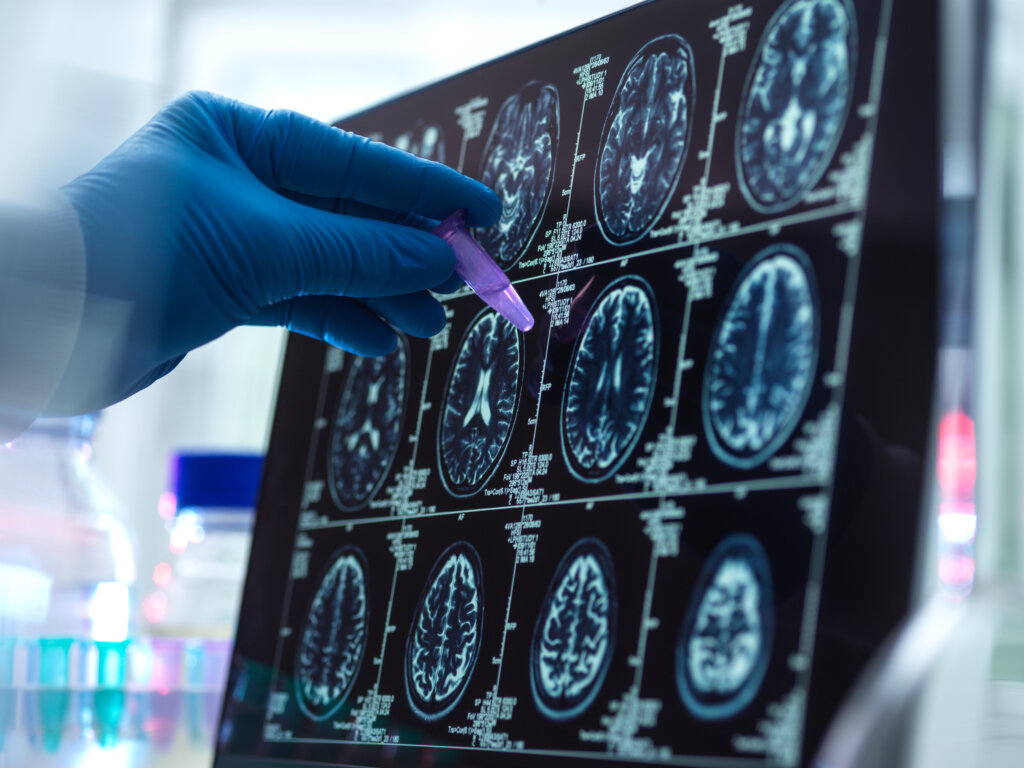
Are you aware that your dental health has ramifications outside of your mouth? Taking care of your teeth has been shown to benefit your stroke and oral health. The most startling link between dental health and overall health is that dental disorders have been linked to stroke. Stroke and oral health are strongly connected; you will find out how in this article.
What Kinds of Dental Issues Cause Stroke?
Research has been made about this issue from nations as diverse as Germany, France, India, and Korea. According to this research, Periodontal disease (gum disease) in various degrees has been linked to strokes. Gingivitis is a mild form of gum disease that causes inflammation of the gums. However, periodontitis is a more serious form of gum disease that destroys the gums. Severe periodontitis can result in tooth deterioration and, in the worst-case scenario, tooth loss. Even gingivitis, the most benign form of gum disease, has been linked to stroke and oral health.
Another study discovered that severe periodontal disease and tooth loss were substantial predictors of stroke. It has been researched that patients who lost more teeth had more strokes. The loss of teeth has been discovered to be a predictor of silent strokes. Silent strokes are strokes that people are unaware they’ve had since they don’t create evident disabilities. Silent strokes, on the other hand, can lead to disabling disorders like dementia over time. Thanks to the research, we can see how connected stroke and oral health are.
How do Stroke And Oral Health Affect Each Other?
Stroke and oral health can affect each other in many ways. A stroke hurts oral health. Stroke is the second biggest cause of death worldwide, with around 5.5 million deaths each year. Long-term incapacity is common after a stroke. Patients with a stroke may find it challenging to maintain their dental health. As a result, dental hygienists must be ready to make appropriate preventative and maintenance recommendations for this patient group. In this case, Smile Team Turkey is a perfect place for you with experienced and talented dentists in Turkey.
Stroke and oral health medications can cause serious health problems. Because of their drug use, stroke patients are more likely to develop Xerostomia (dry mouth). Dysgeusia, difficulty chewing and swallowing, and poor denture fit are all symptoms of Xerostomia. When there is poor food clearance in the mouth due to Xerostomia, the protective effect of saliva is reduced. Daily oral hygiene, hydration, sugarless mints and gum, and saliva substitutes containing carboxymethyl cellulose can help reduce saliva. Caries are more common in people with a dry mouth; hence, preventive measures like fluoride therapy should be taken. Dry mouth is caused by dehydration, which should be checked in stroke patients.
Stroke patients’ mouth is always open and the breathing equipment is exceedingly drying to the oral tissues. In this way, Intubated stroke patients suffer from severe Xerostomia. Dry tissues, sore throats, slow wound healing, and oral ulcers can all result from a lack of oral care during intubation. The tube should be moved periodically to avoid lip soreness, although care must be given to ensure the tube remains secure. Oral care must begin right after intubation to keep the oral tissues healthy.
Lips that are dry or cracked should be gently cleaned with water and moisturized with a non-petroleum jelly solution. To avoid further dryness of the oral tissues, choose alcohol-free oral products. Because of their acidity, lemon glycerin swab sticks cause irritation and erosion and should be avoided. The tissues can be moistened with simple swab sticks dipped in water or saliva substitutes.
How to Take Care of Your Oral Health after Stroke?
Maintaining oral hygiene can be difficult. Stroke patients may lack dexterity, and caregivers may not be trained in oral hygiene practices. Thickening fluids and dietary food additives increase plaque development. They are among the dietary modifications used to regulate food consistency. Food supplements and advice to eat frequently throughout the day to stay calorie-balanced can raise the risk of dental caries. Food debris can pool on the stroke-affected side due to facial palsy and loss of feeling, allowing bacteria to accumulate. Impaired swallowing and facial paralysis can lengthen the period that cariogenic food debris is exposed to teeth and oral tissues. This also increases the risk of tooth decay.
If patients desire to do their oral hygiene, the “hand-over-hand” technique is another option. Although fluoride toothpaste with a prescription can be used, stroke patients must expectorate to avoid aspiration. Patients should avoid rinsing after brushing with a prescription fluoride dentifrice to get the most out of fluoride. Stroke and oral health are strongly connected and can harm your health if not handled properly.
How to Keep Your Teeth Healthy For Stroke And Oral Health?
Stroke and oral health are a serious threat to overall health. Having good dental health is advantageous. Dental care can appear time-consuming and expensive to many people. Gum disease and tooth loss can be avoided by brushing teeth regularly, flossing, avoiding smoking, and visiting the dentist regularly. Gum disease is treatable and controlled once it has begun. A comprehensive cleaning at the dentist’s office is frequently advised. For checkups and any dental disorders, Smile Team Turkey is your destination. Our clinic has experienced and talented dentists who can care for your dental problems like a stroke and oral health.
As a result, stroke and oral health are strongly connected and affect each other badly. Because so many people are affected by both stroke and oral health problems, it’s critical to understand the dangers and how to avoid them. If you have had a stroke, maintaining proper dental hygiene habits is more crucial than ever. Patients who have had a stroke may require assistance in maintaining adequate oral health care.
I hope this article will help you learn about stroke and oral health. You can read our previous post on https://smileteamturkey.com/blog/veneers-vs-crowns/
